Egypt (Bilbeis)
Since the 1970s, development initiative Sekem has been revitalising the hot, arid sands of a once untouched part of the Egyptian desert, transforming it into fertile land.
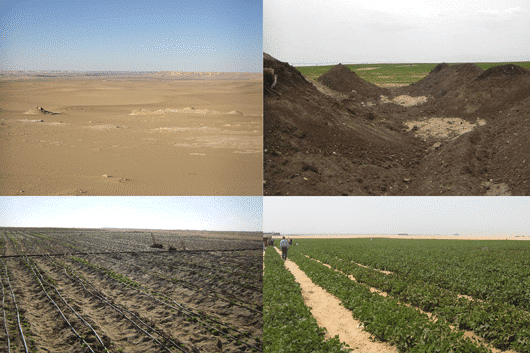
In 1977, award-winning social entrepreneur, philanthropist and drug designer Dr. Ibrahim Abouleish started the initiative an hour from Cairo after a vision:
“In the midst of sand and desert I see myself standing before a well drawing water. Carefully I plant trees, herbs and flowers and wet their roots with the precious drops. The cool well water attracts human beings and animals to refresh and quicken themselves. Trees give shade, the land turns green, fragrant flowers bloom. The humans care for and see all that is created as a reflection of paradise on earth. For me, this idea of an oasis in the middle of a hostile environment is like an image of the resurrection at dawn, after a long journey through the nightly desert.”
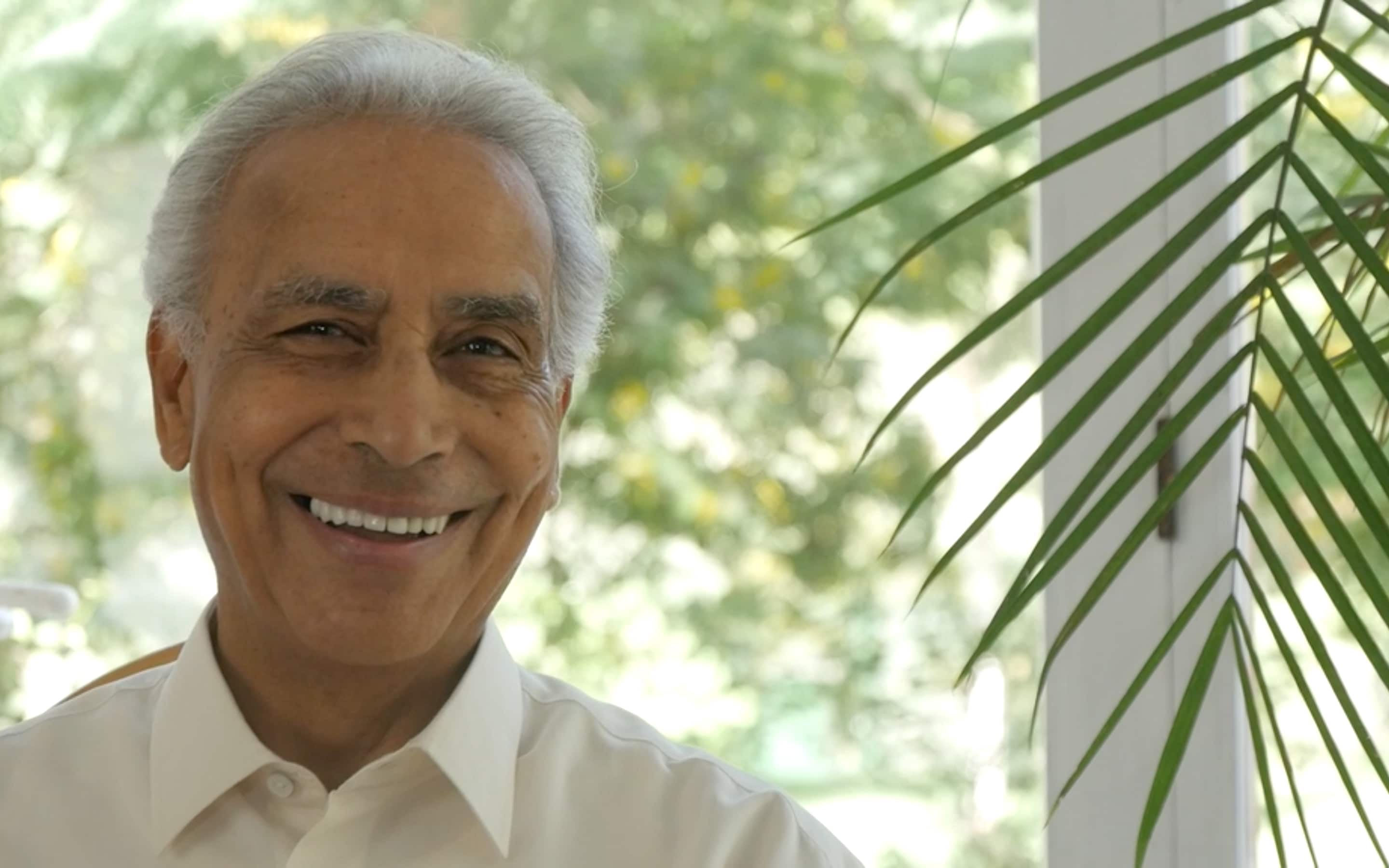
Worldwide, additional fertile land and its sustainable cultivation are crucial to ensuring future food security. Sekem uses biodynamic farming methods to restore and maintain a healthy soil and biodiversity, within a holistic approach that integrates ecology, economy, and societal and cultural life.
Ibrahim’s mission was to restore and maintain the vitality of soil and food and the biodiversity of nature through sustainable, organic agriculture and social and cultural development. The word ‘Sekem’ is the ancient Egyptian hieroglyph for ‘vitality’.
Today, Sekem runs a variety of successful companies producing organic foods, spices, and tea, textiles from organic cotton, and herbal medicines for local and international markets. A fair supply chain – from farmers to final consumers – is based on trust, transparency, fair pricing and contracts. Similar to ‘Fair Trade’, this is the ‘Economy of Love’ that Sekem stands for.
The majority of Ibrahim’s family live, work and socialise together in a cross-cultural experience provided in the farms, factories and social activities close to Belbeis, an ancient fortress city on the eastern edge of the southern Nile Delta. Egyptians from rural areas come together with European families in a sustainable based community.
The Sekem community is built on equality and respect for the dignity of every individual. For all employees in Sekem’s companies and institutions, from farmers to managers, the working day starts by meeting in a circle: a symbol for equality and for the unity of the shared vision.
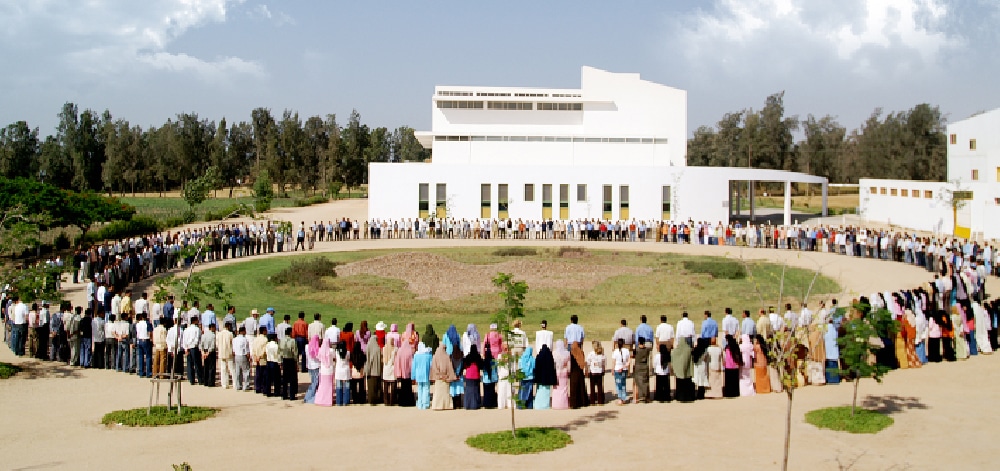
Sekem’s holistic development work includes curative care of children and adults with special needs and their integration into a suitable work environment. Children carry out light tasks such as harvesting chamomile blossoms. People have the chance to educate themselves while creating something healing for the landscape.
Empowering women has always been important to Sekem. Like many other Egyptian women, Wedad Abd El Zaher Mohamed was deprived of her right in education due to the old rural traditions. Sekem empowered her with farming work and knowledge, which helped her to support her husband in maintaining the wellbeing of the family.
Today, she knows a lot about biodynamic farming and how to produce clean and healthy food. “It is amazing to see the lands that we prepare for months turning green bit by bit, giving us healthy and tasty crops for the harvest. On the fields, I realised women are also capable yet responsible for providing their families with better living standards, not only as a housewife, but as equal partner to my husband and a responsible mother to my children.”
A lot has happened since 1977. Over the decades, Sekem has become the umbrella of a multifaceted agroindustrial group of companies and NGOs, including different educational institutions and a medical centre. The network includes several hundred farmers and partner organisations worldwide. The initiative operates under fair trade and fair pricing principles, promotes good governance, focuses on education at all levels, believes in holistic approaches to building fertile soils and providing guaranteed pricing and income security for farmers.
In 1991, Sekem recognised that there were planes spraying 36,000 tons of pesticides on cotton fields annually, which affected biodynamic cultivation. It started to do fieldwork and research on how to fight the cotton pests without using chemical pesticides. After three years, Sekem could prove the effectiveness of sustainable pest control across Egypt and convinced the Egyptian government to change the law to prohibit spraying on fields. The amount of pesticides used in Egypt’s cotton production has reduced by more than 90 percent.
Dr. Ibrahim Abouleish was awarded the Alternative Nobel Prize for his initiative and died in 2017, but his Economy of Love lives on.
Watch: This why they call it ‘the miracle in the desert’.
Bio
This project is featured in a new research report called 'Beacons of Hope: Accelerating Transformations to Sustainable Food Systems' by the Global Alliance for the Future of Food.
Project leader
Thomas Abouleish, Chief Relations Officer
Partners
Support the Atlas
We want the Atlas of the Future media platform and our event to be available to everybody, everywhere for free – always. Fancy helping us spread stories of hope and optimism to create a better tomorrow? For those able, we'd be grateful for any donation.
- Please support the Atlas here
- Thank you!
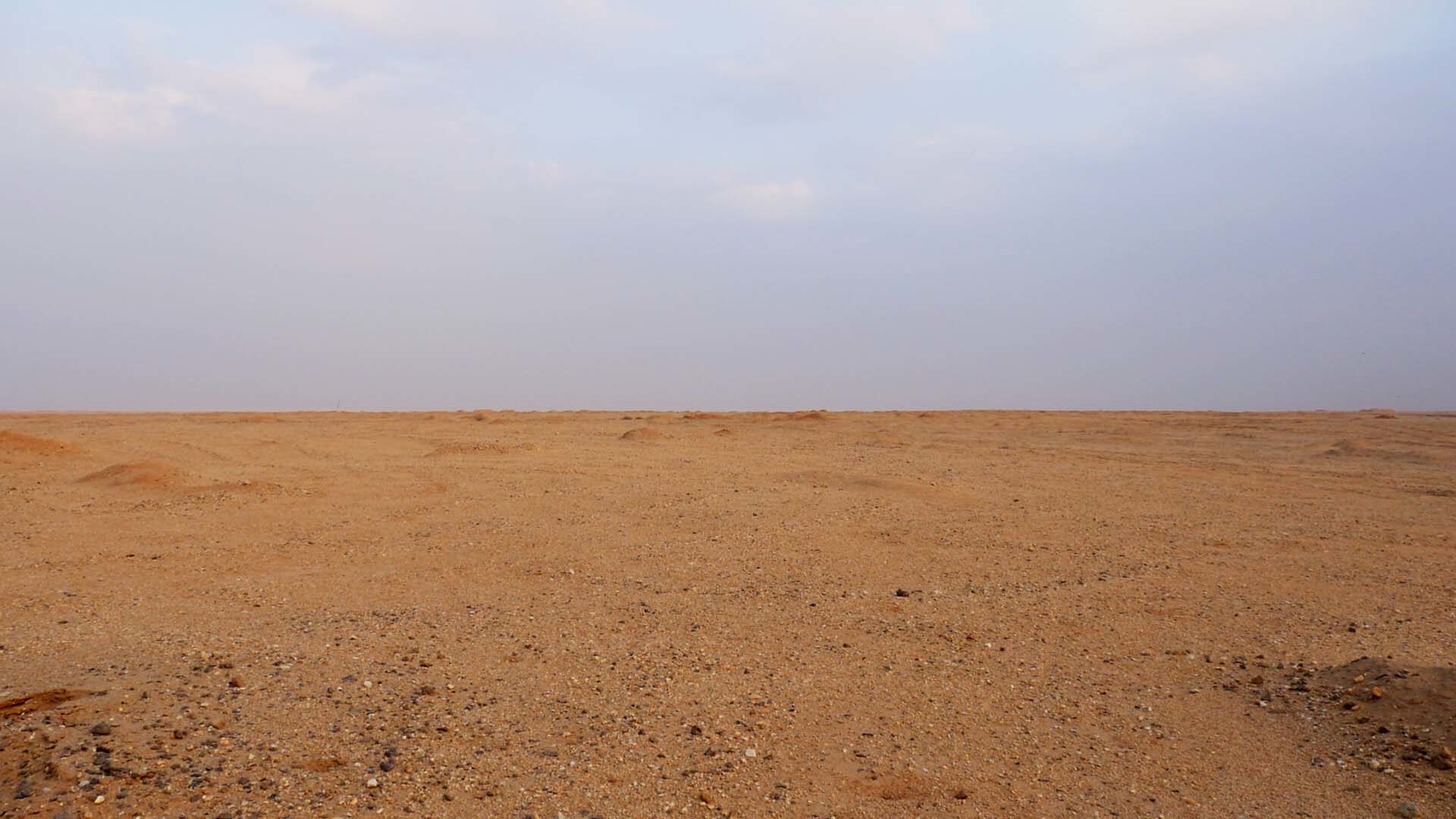
Before
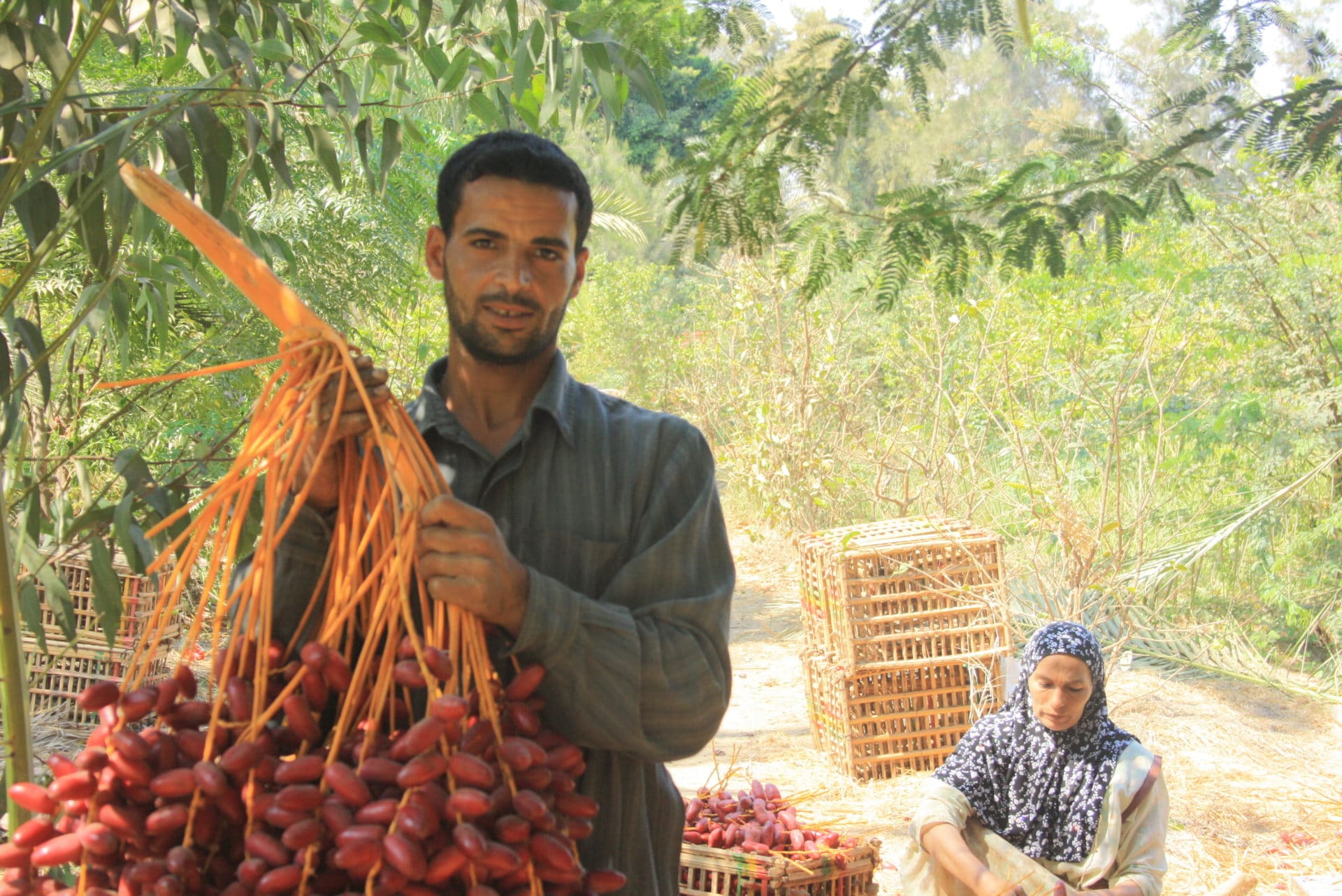
After
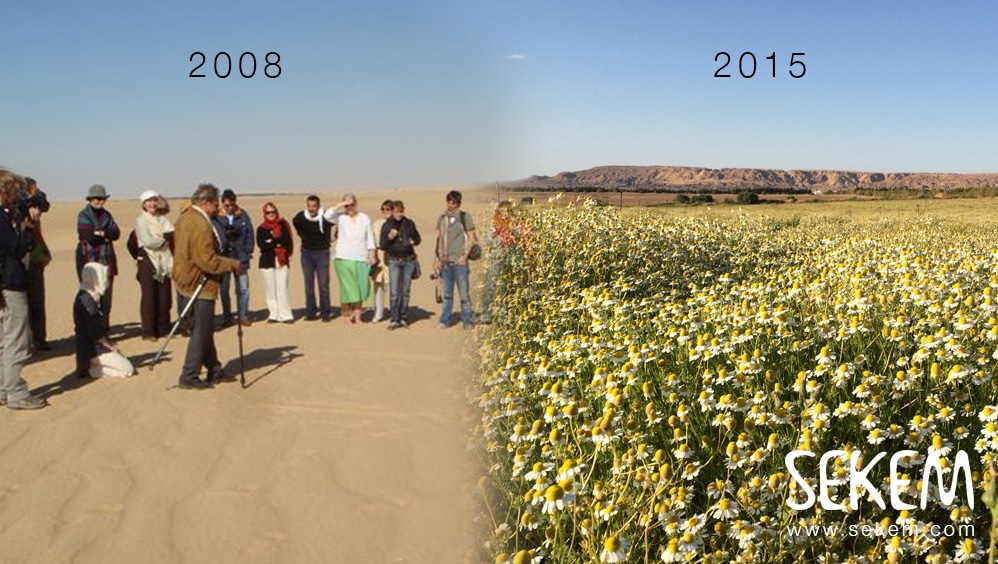
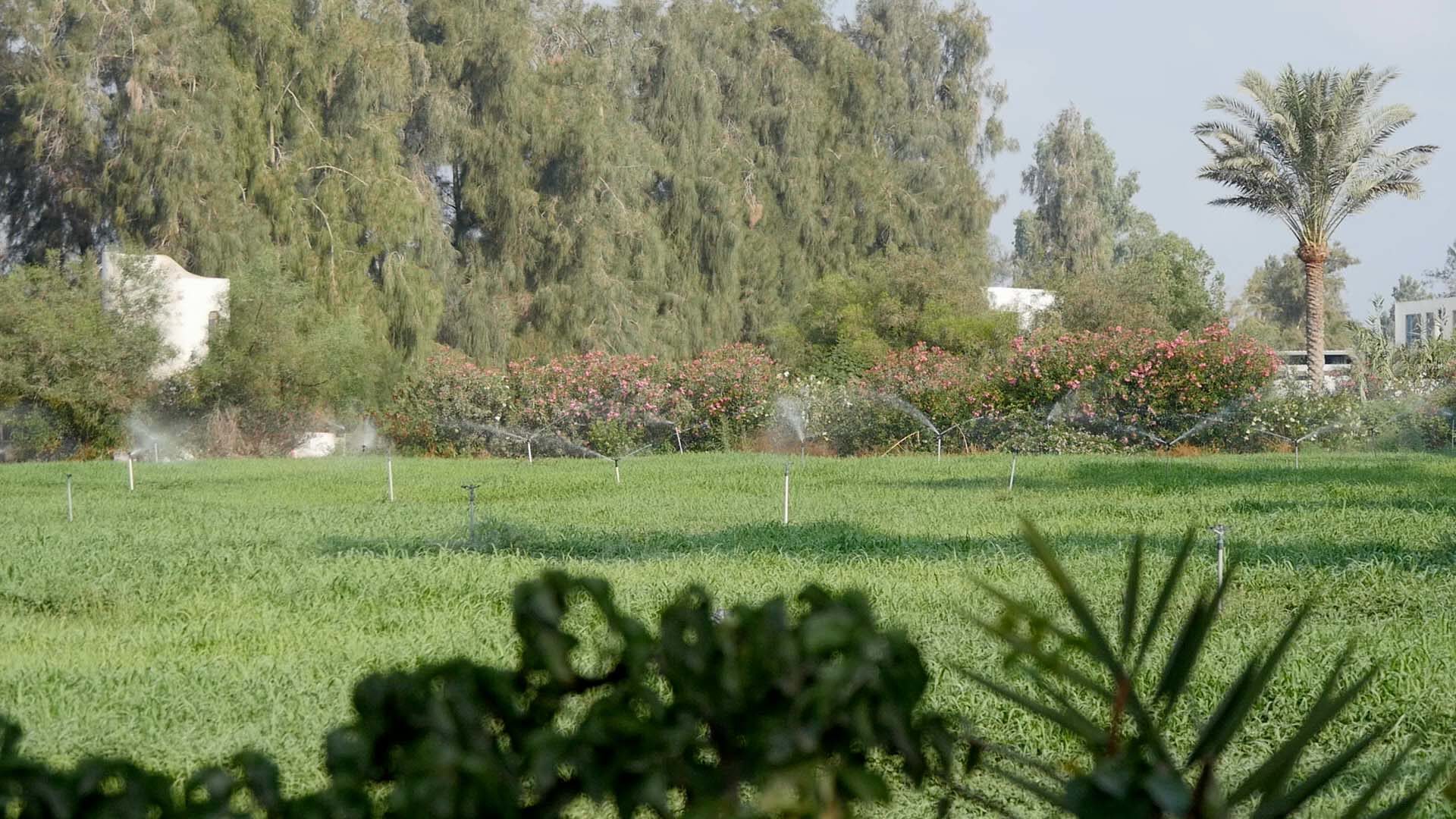
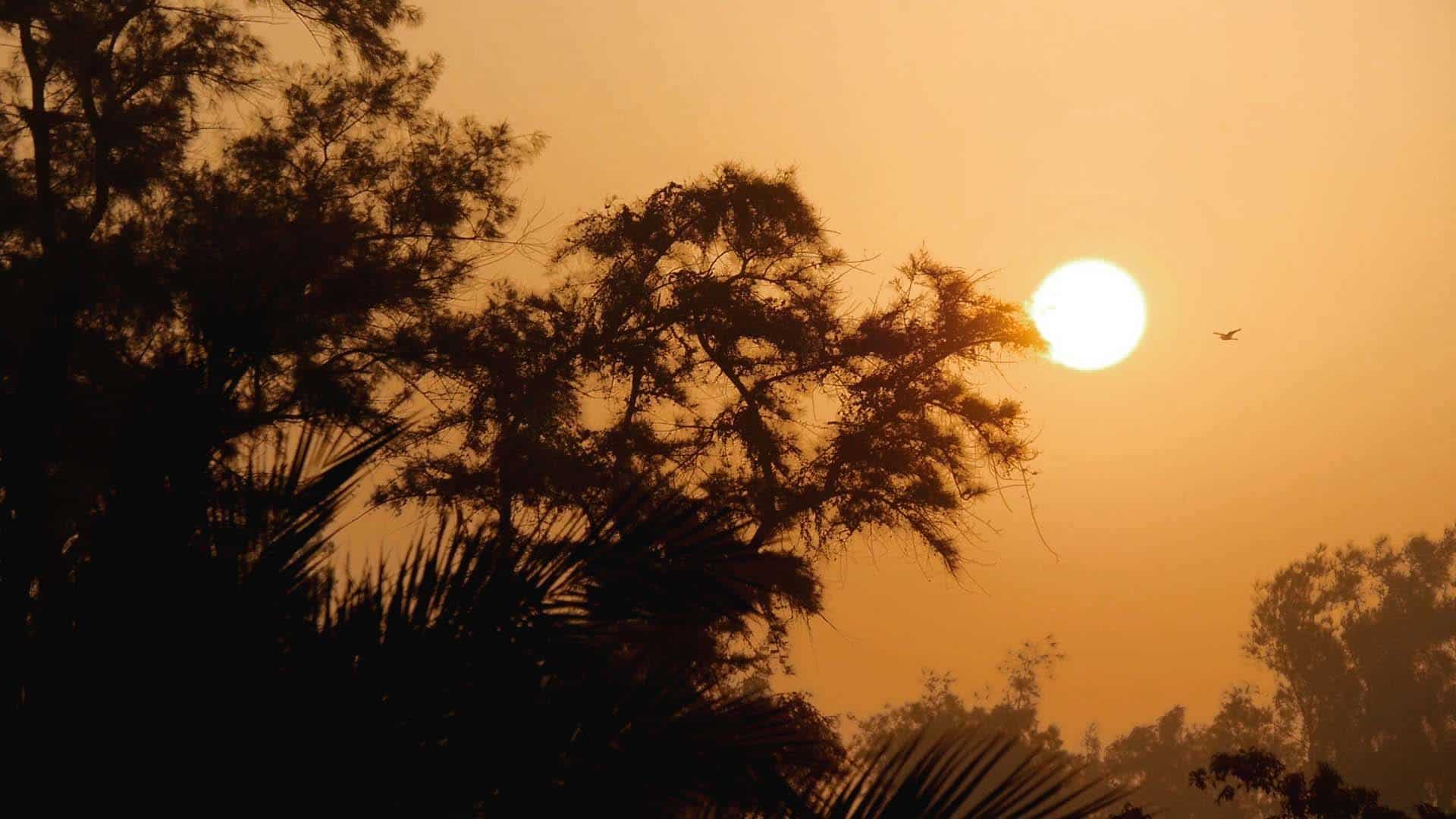
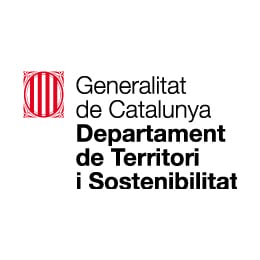
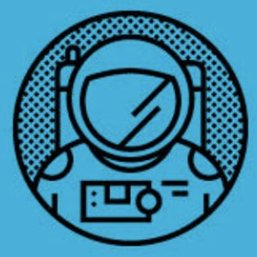


A very encouraging article! May Ibrahim’s work continue and flourish/